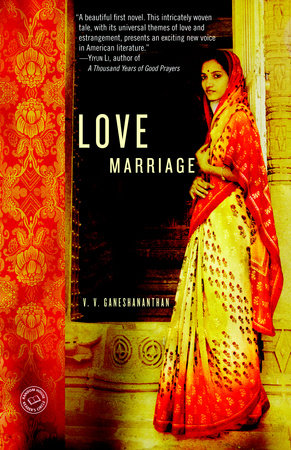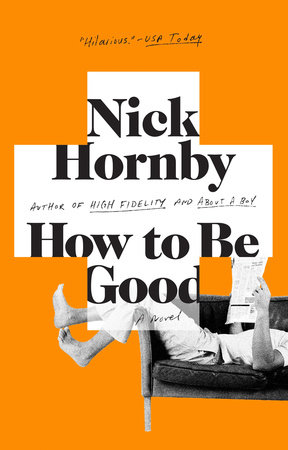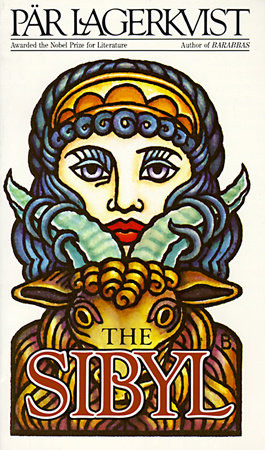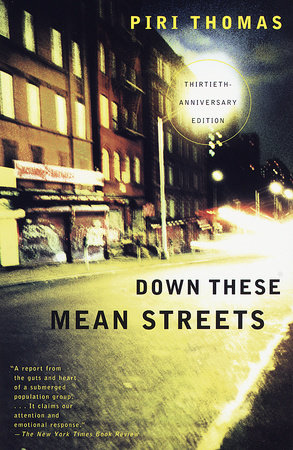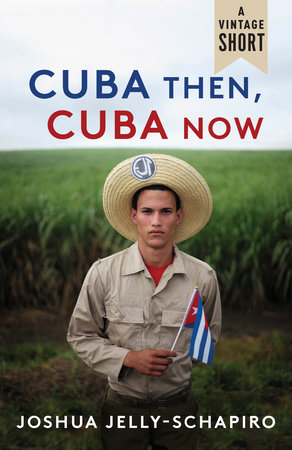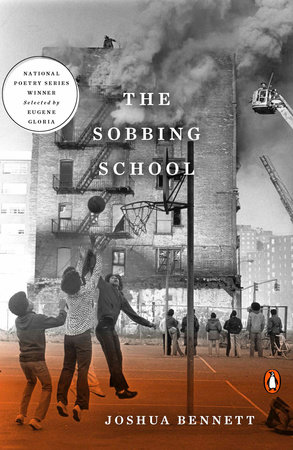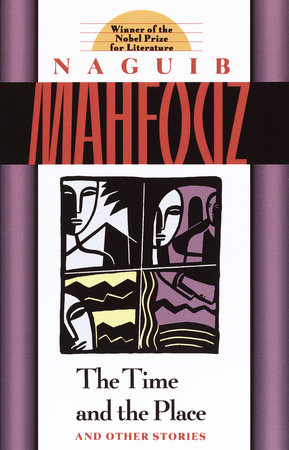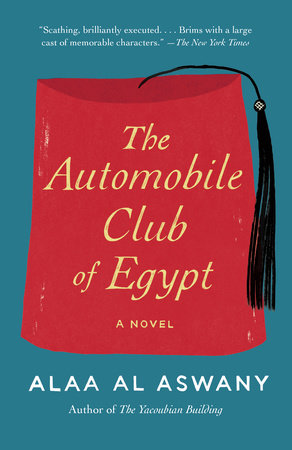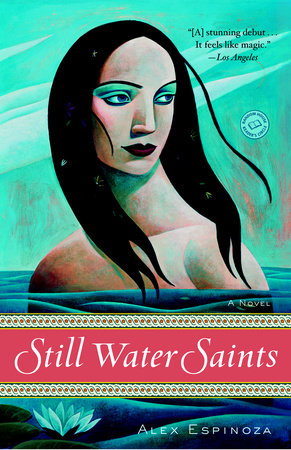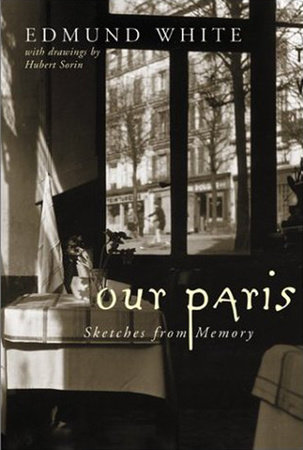A conversation with
V. V. GANESHANANTHAN
Suketu Mehta is a fiction writer and journalist based in New York. He has won the Whiting Writers Award, the O. Henry Prize, and a New York Foundation for the Arts Fellowship for his fiction. He is the author of Maximum City: Bombay Lost and Found, and his other work has been published in the New York Times Magazine, Granta, Harper’s magazine, Time, Conde Nast Traveler, and The Village Voice and has been featured on National Public Radio’s All Things Considered.
Suketu Mehta: Sometimes people who go to Sri Lanka–I’ve gone there many times–throw up their hands and say you’ve got the most beautiful country in the world, but there are these two peoples who are just locked in what seems to be a suicidal senseless conflict. So talk a little bit about your impressions of the origin of the conflict and how it’s affected your family and the family in the book.
V. V. Ganeshananthan: It took me a long time to understand anything about the origins of the conflict. I think that when you’re a kid and your parents tell you a certain set of stories, and parts of those stories are true and maybe also parts of those stories are colored by their perspectives a little–which isn’t to say what my parents told me wasn’t true–but it wasn’t exactly the only truth there was. So one of the things I did when I was researching the book was to read a whole bunch of books about Sri Lanka and to try and figure out exactly what historians thought was the defining truth.
One of the things people always talk about with regard to Sri Lanka is which people were there first. And I think that’s a little bit besides the point, because both sets of people, the Tamils and the Sinhalese (who are not even the only two peoples involved in the conflict) really have been there for thousands of years. And then you have other populations: the Indian Tamils or the tea estate Tamils, and then also the Muslim population, which is Tamil-speaking, and you have Burghers, with their mixed European ancestry–so you really have a whole bunch of different populations. And I think if you’re going to talk about who was there longest and that being the reason that you have a claim, then all over the world you’ve got big problems with the feasibility of restoring everyone to where they were first. It’s not really a way to lay claim to land, necessarily.
SM: How long has the war been going on between the Tamils and the Sinhalese?
VG: I was reading online a story by one news agency, the AFP, that put the date at 1972, and the Associated Press, whose coverage I really admire, usually puts the date at 1983.
And 1983 is a pretty pivotal point in the book. The heroine is born in July 1983 and the war is usually dated to 1983 because of what was called Black July, which were anti-Tamil riots in the capital of Sri Lanka. And in which a great many Tamils were killed, and government officials and security forces did nothing, and in fact actually egged them on. So the war really took off after that. But the 1972 date that the AFP uses, there’s an argument for that too. Certainly in the early 1970s… there was leftist thought going on all over the world, and the founders of the Tamil New Tigers, which later became the Tamil Tigers, they sort of started getting together in the early ’70s, so there’s a reasonable argument for that too, although it’s a less common date.
So it’s been going on for about twenty-five years by most people’s count. But it’s important to realize that like any war, it’s the result of things that happened for decades before. The Sri Lankan government started discriminating against Tamils very shortly after the country gained independence from the British in the late 1940s. This has been well documented. The riots of 1958, for example. The war is really a culmination of previous events. It doesn’t justify the Tigers’ violence, but it does provide appropriate context.
SM: How many people have been killed in the conflict?
VG: To be honest it’s hard to tell. The New York Timeshas covered this a little bit, and so have other organizations. A lot of people in Sri Lanka over the course of the war have simply disappeared. And so they never turn up or no one ever finds the bodies. So there are probably quite a few people who are dead and just no one knows where they are… And when so many people have been displaced it’s very hard to take any sort of census. I think that one of the current numbers being tossed around is about seventy thousand.
SM: But that’s still an amazing number in a country whose population is not even twenty million.
VG: Right. I think in the past couple of years there have been some four thousand people who have been killed or just disappeared. One thing that is very common right now in the north is for people to just be kidnapped. It’s even happened a couple of times in the capital. People disappear into white vans, which have become this sign of rogue elements of who knows what, maybe it’s the rebels, maybe it’s the government, and people are kidnapped. Oftentimes it is Tamil civilians who are being kidnapped. And a lot of them have actually been journalists.
SM: Now, why has this conflict been allowed to go on for so long? A few years ago when I visited the country it seemed like there was peace everywhere, and everybody that I met in the north and the south agreed on the necessity for peace. That’s all gone south, as it were. Why haven’t any of the great powers stepped in and imposed a peace on the warring parties?
VG: I really wish they would. I think that’s it’s just unfortunately not economically necessarily important enough and I think also there’s obviously the very hairy question of terrorism in the post 9/11 environment. The Tigers were identified by the Sri Lankan government, they were named terrorists way back, way back in the day, almost from their very origins. And Sri Lanka had a Prevention of Terrorism Act that was targeting that group and groups similar to it. But they’re a military operation too… they’re often–not always but often–targeting military targets…
But then other governments have a hard time telling the Sri Lankan government to negotiate with the Tigers, because the Tigers obviously have also engaged in other activities. They’ve attacked civilians, they use suicide bombers–they use tactics that are politically very touchy. Of course they’re also dramatically outnumbered. I’m not saying that that justifies it–but they’re a smaller force using rather extreme tactics, which then makes it hard for another government, the United States, for example, which has condemned terrorism, to say to the Sri Lankan government, Well, you should really be negotiating with this group to achieve some sort of peace. And of course the Tigers have also been responsible for killing a lot of Tamils who didn’t agree with them.
SM: When did your family leave Sri Lanka, and what part of Sri Lanka do they come from?
VG: My parents are Ceylon Tamils, which means that my mother’s uørand my father’s uørare both in Jaffna. My parents came to the United States in the 1970s, and there was quite a wave of immigration then. That’s very anecdotal, but my father, and my father’s classmates from medical school, many of them emigrated around that time.
SM: How does the diaspora of the Sri Lankan Tamil community worldwide–there are a lot of them all over Europe and America–how do they carry on the memory of what has been lost? How do they deal with this not being able to return? My accountant is a Jaffna Tamil and he keeps describing a lost Eden…
VG: That’s similar to how I feel about it, and I wasn’t born there. It’s interesting, in Toronto where the narrator is for most of the story, there are actually assemblies on Black July every year, and the Tigers were relatively recently declared terrorists in Canada, so it’s become a little bit touchier to talk about which of their goals one might support even if one doesn’t support their tactics. It becomes very politically complicated for people in the diaspora, and also, the diaspora has been criticized for funding the Tigers in a variety of ways because people overseas are making money that their kin in Sri Lanka are not. A lot of the diaspora, particularly in Canada, left Sri Lanka after 1983, and so they haven’t been there for the majority of the war. They haven’t seen it as it’s been fought in Sri Lanka, and so a popular criticism is: You left. You took your children, we’re still here, we’re fighting, and either you’re funding this war that’s killing our kids while you’re safely overseas, or You’re overseas, so you should support us. That can be spun any number of ways. You owe us because you got out, versus, You owe us to stop the war because you got out.
SM: Has the war affected your family?
VG: I can’t think of many Sri Lankan families the war has not affected. Sure, the war has affected my family. My father in particular comes from Jaffna, and Jaffna has of course been incredibly affected by the war. My father left Sri Lanka because he anticipated this violence. But those who are really affected are those who were left behind.
SM: Do you still have relatives living there?
VG: Yes. Often I don’t hear from them. I remember I mailed a letter to a cousin whose birthday it was one month, and she got the letter five months later after her birthday. And that’s a pretty mild example of what I mean.
SM: How do they live there? How do your relatives actually live there? Day to day with all the bombings and the kidnappings? How do they go to school and shop for groceries? How do they do all the things that people do in cities?
VG: For them it’s been that way for such a long time. I don’t think that means they take it any easier, but they are not surprised, perhaps, any longer. I went to Sri Lanka last in 2005, and very shortly after that, the village that I visited was evacuated so my whole family was not there. They pick up and go when they have to. I know that one of my cousins’ schools was used to house refugees. Electric current in Jaffna is very inconsistent, and one of my cousins was, I think, six years old before he ever saw electricity. There’s a thousand inconveniences, and I think they just have stopped adding them up because if they did– What useful purpose would that serve? And at the same time they haven’t known it to be any other way.
SM: An entire generation that’s grown up knowing nothing but war.
VG: Exactly, and some of those people are my relatives. I actually went when it was relatively peaceful, just in the post-tsunami window when it was calm, and I think in different villages the security situation is different. I’m sure that if you’re a girl it’s probably different. For a long time in Sri Lanka, earlier, in the ’80s–it was very risky for young men, because either the Tigers would recruit you or the Sri Lankan Army would assume the Tigers were recruiting you and would harass you or kidnap you or whatever, so especially to be a young person there is very risky.
SM: What’s your impression of the Tamil Tigers? Now they’re considered a terrorist group by the States and the European Union. And mainly people in the Tamil areas of Sri Lanka and among the Tamil diaspora–not just Sri Lankan Tamils but also Indian Tamils consider them freedom fighters. What’s your impression of this group?
VG: That’s one of the things the book tries to address and says that you can choose to be a moderate in that battle. It’s an unfortunate situation. The Tigers at their very beginnings had and still have some legitimate grievances against a government that commits human rights violations. At the same time the Tigers have done incredibly horrible things…and have really been ruthless in saying: if you’re Tamil and you don’t support us, we are not going to brook any dissent. It’s really sad that this political grievance has led people to do things that are morally reprehensible on both sides. If you’re going to talk about it you have to acknowledge that both sides have done things that are horrifying.
SM: This is a very complicated political stew. How do you take all of this and turn it into literature? How do you deal with politics like this and have characters who are political without turning didactic, which your novel clearly is not? How do you pull that off ?
VG: It was really hard, and there are certainly things I wish I could have included that somehow didn’t fit. If it wasn’t organic to the narrative, it didn’t necessarily happen. The family in the book is a Jaffna Tamil family, and so there isn’t, for example, really the voice of the Sri Lankan Muslim in the novel.
Rather than sort of pursue a political agenda, first I think that the point is to have good fiction, and if some sort of statement about morality emerges from that, that’s great. But my priority was to make a story that revealed something, and I didn’t necessarily want what it was revealing to be so plain.
The book was checked by a couple of PhD students in anthropology who are my friends, and I listened to them insofar as I could. And in a couple of cases they suggested that I be more specific, but for the good of the narrative, I chose not to. Maybe the point wasn’t when a specific riot took place, but rather that there were riots all the time, and maybe it doesn’t matter when they took place because they were so ubiquitous.
SM: And this is your first book, and obviously it’s a deeply personal book because the path that your own family took is apparent in it. Novelists voyeur into invented worlds so it should not be read as biography or memoir–
VG: I hope not. [Laughs]
SM: What’s your personal stake in the book? It comes through, the passion that you have, the feeling for the characters. How necessary was this book for you to write?
VG: For a book to be good, from my point of view, it has to be necessary. It was very necessary. I started writing it as my senior thesis in college, but it actually changed quite a bit after that. It started as a story that was really about a family and it became a story that was about a family in politics and a family that was choosing to be active in politics as opposed to a family that had politics happen to them. Although both elements are still in the book, and I do think that the political dilemma of the narrator is one that I personally think is important for me as someone who was born and raised in the U.S. but still, in classic Roots fashion, feels a responsibility to where my parents came from. It’s important to engage politically. Even when it’s extremely complicated. Even when it’s inconvenient. Even when it’s politically hairy. The more I learned about the war the more that I felt that I was compelled to say something about it, not in the voice of an activist, but in the voice of an artist.
